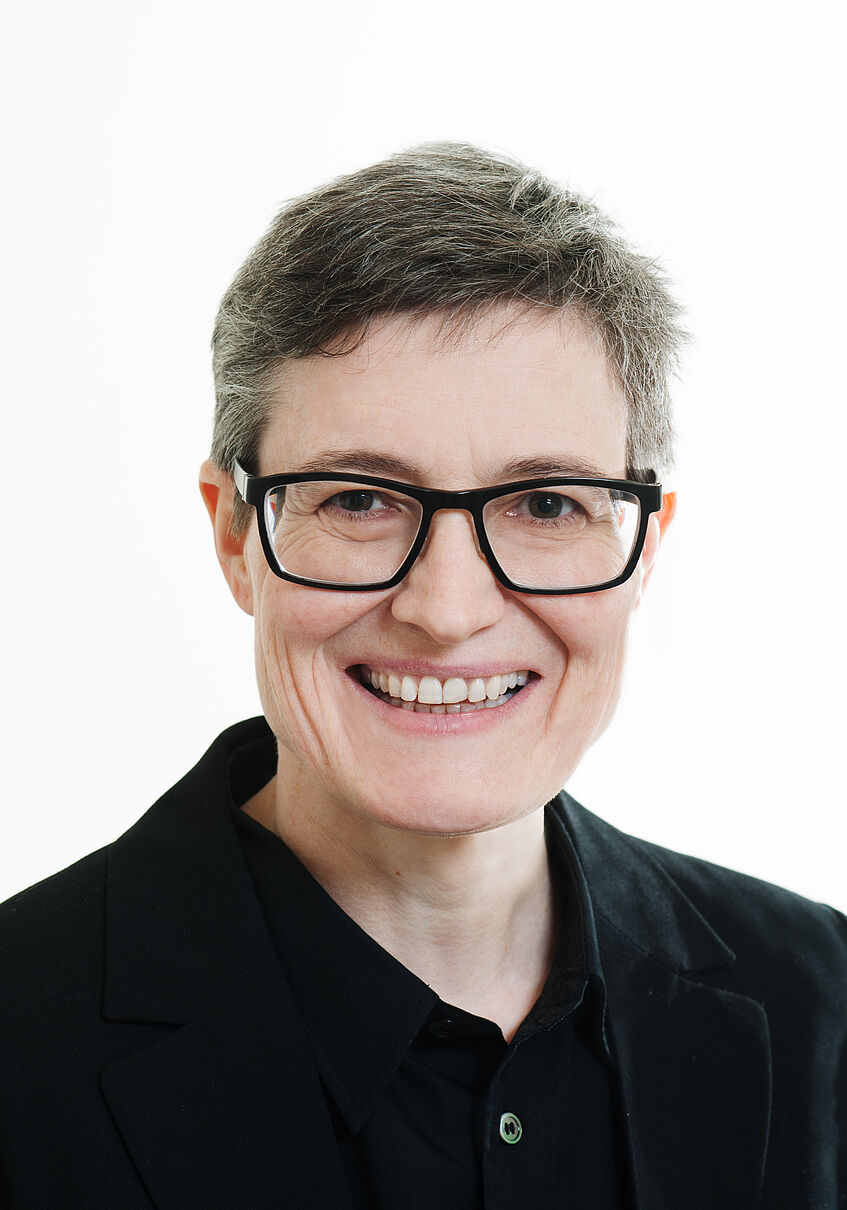
© Barbara Mair
Univ.-Prof. Dr. Elisabeth Holzleithner
Professor of Legal Philosophy and Legal Gender Studies at the University of Vienna and Head of the Department of Legal Philosophy; Vice Dean of Studies at the Faculty of Law, University of Vienna
Speaker of the Research Network “Gender and Agency”, University of Vienna; Member of the Board of editors of the Journals “Gender”, “Rechtsphilosophie. Zeitschrift für Grundlagen des Rechts“ (Legal Philosophy. Journal for Foundations of the Law) and “Zeitschrift für Menschenrechte” (Journal for Human Rights); Prizes: “Gabriele Possanner-Staatspreis für wissenschaftliche Leistungen in der Geschlechterforschung” (State Award for Scientific Achievements in Gender Studies) 2017 and Frauenring-Preis für Engagament für Frauenanliegen und Verdienste um Geschlechtergleichstellung (Dedication to Women’s Issues and Merits concerning Gender Equality) 2017. Recent Publications in English: “Subversion from Within: Opposition to Gender Equality in the Court of Justice of the European Union”, in: Mieke Verloo (ed.), Varieties of Opposition to Gender Equality in Europe. Theory, Evidence and Practice, New York and London: Routledge 2018, 135-153; Gender Equality and Physical Requirements, in: European Equality Law Review 2017/1, 13-22; "The Game is Rigged": Fictions of Lawyering, in: Hiebaum, Christian/Knaller, Susanne/Pichler, Doris (Hg.), Recht und Literatur im Zwischenraum/Law and Literature In-Between: Aktuelle inter- und transdisziplinäre Zugänge/Contemporary Inter- and Transdisciplinary Approaches, Bielefeld: transcript Lettre 2015, 287-303.
Homepage: http://homepage.univie.ac.at/elisabeth.holzleithner
Abstract
Gender and Democracy: Achievements and Challenges
What is the state of gender (in) democracy today? Is the inclusion of women into democratic institutions that started with their gaining the right to vote a success story – regarding their participation in legislative procedures and influence on their outcome? Or has democracy rather “failed women” (Dahlerup)? The lecture is going to explore these questions by focusing on the following aspects: (1) the actors who participate in (2) diverse processes of democratic opinion and decision making, and (3) the outcome of these processes. The diagnosis, in short, is dire: There exists an ongoing underrepresentation of women on all levels of democratic decision making processes, and all too often, the law still contributes to their continued marginalization. Against this background, a few suggestions will be considered on how to deal with the challenges for an adequate representation of all genders in democracy. The focus will inter alia be on the use of gender quotas in politics and the difference that the presence of women can possibly make.
Programme: Panel 11, Friday, 7 September 2018, 13:00-14:30
Programme: Fireside chat, Wednesday, 5 September 2018, 17:00-19:00